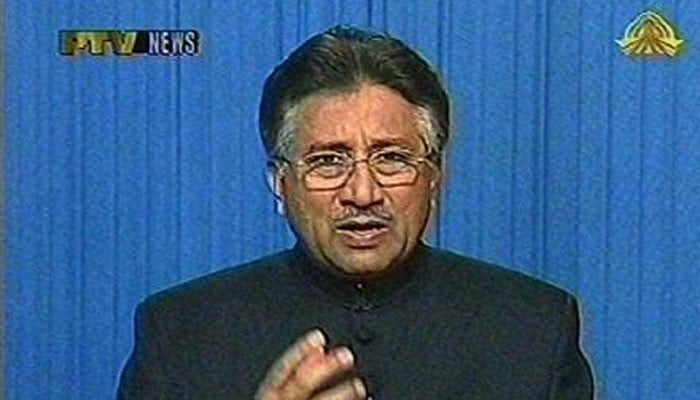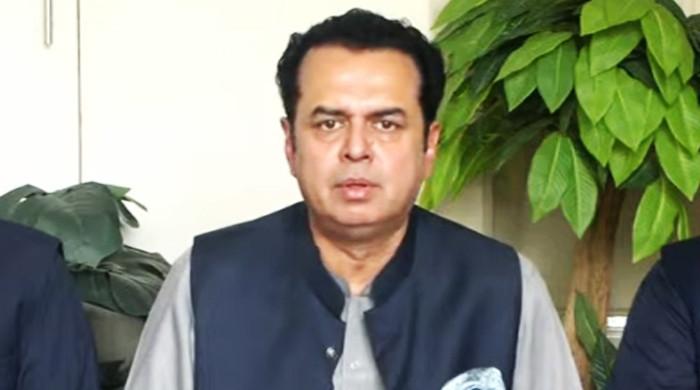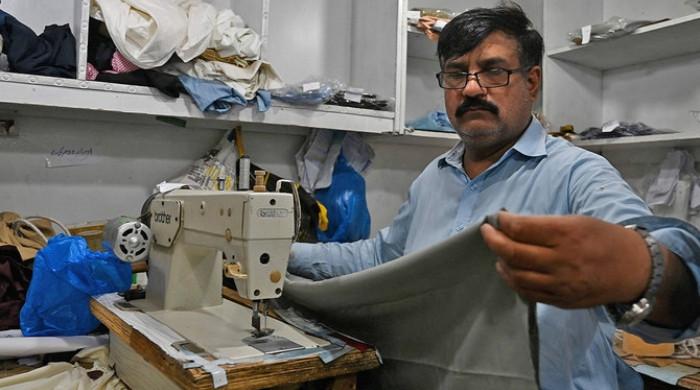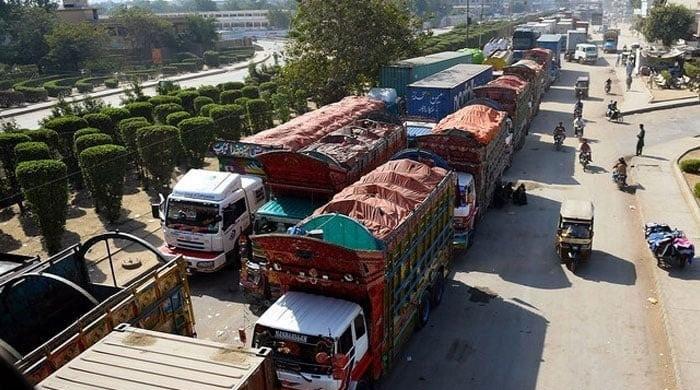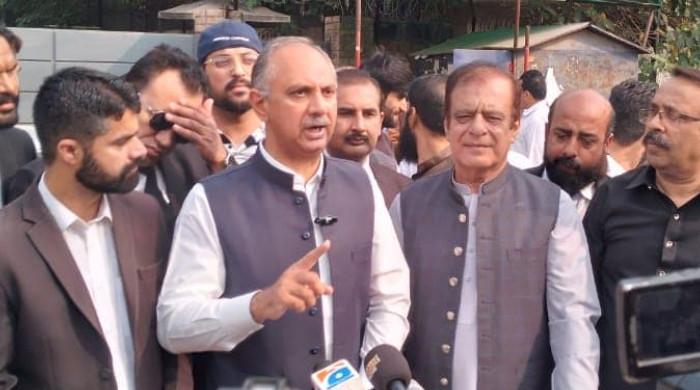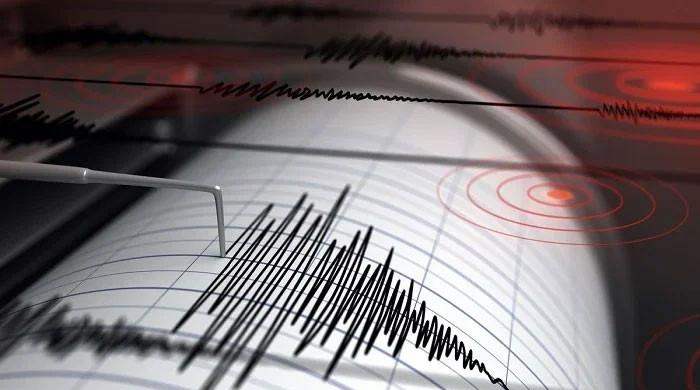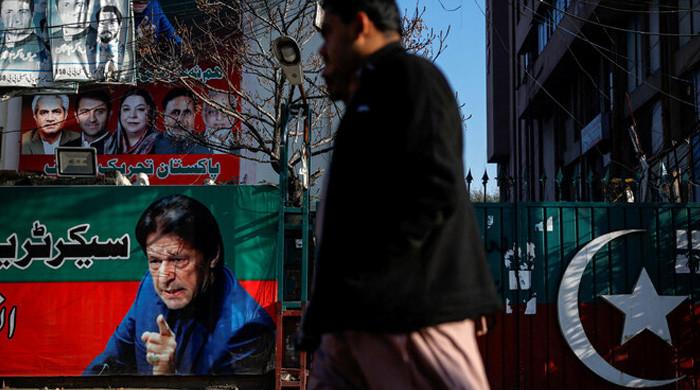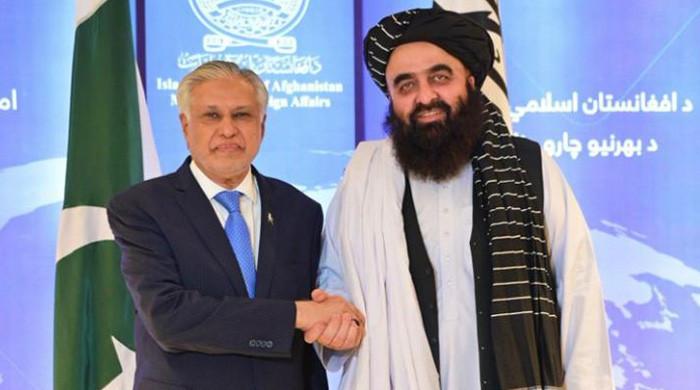Treason case: Court orders government to arrest, seize properties of Musharraf
Former president and army chief is facing trial for imposing state of emergency in Nov 2007
March 08, 2018
ISLAMABAD: The special court hearing the treason case against former president General (retd) Pervez Musharraf ordered on Thursday the confiscation of the ex-army chief's properties.
The hearing resumed today after a gap of nine months.
Peshawar High Court Chief Justice Yahya Afridi is heading the bench which includes Lahore High Court Chief Justice Yawar Ali and Balochistan High Court Justice Tahira Safdar.
The bench, formed in 2013, is hearing the case of imposition of extra-constitutional emergency by Musharraf in November 2007.
As the hearing went under way, the Interior Ministry submitted in court a report on Musharraf’s properties, stating that four of seven properties are owned by the former president and army chief.
Prosecutor Akram Sheikh, presenting arguments, pressed the court to order Musharraf’s arrest and production in court.
The court inquired from the Federal Investigation Agency officials what the procedure is to bring back an absconder from abroad. The officials replied that the Interior Ministry sends them a request in this regard after which action is taken.
Chief Justice Afridi remarked that the court is ordering the arrest and seizure of Musharraf's properties. Musharraf's counsel, Akhtar Shah, pleaded the court not to order confiscation of Musharraf's properties until March 21, but Justice Afridi remarked that this court procedure and cannot be curtailed.
The hearing was then adjourned until March 21.
Moreover, during today's hearing, senior lawyer Farogh Naseem excused himself from Musharraf's legal team.
Treason case
The former army chief was indicted in the case in March 2014 after he appeared before the court and rejected all charges.
On March 18, 2016, the former president left Pakistan for Dubai for medical treatment after his name was removed from the Exit Control List (ECL) on the orders of the Supreme Court.
A few months later, the special court had declared him a proclaimed offender and ordered the confiscation of his property owing to his no-show.
